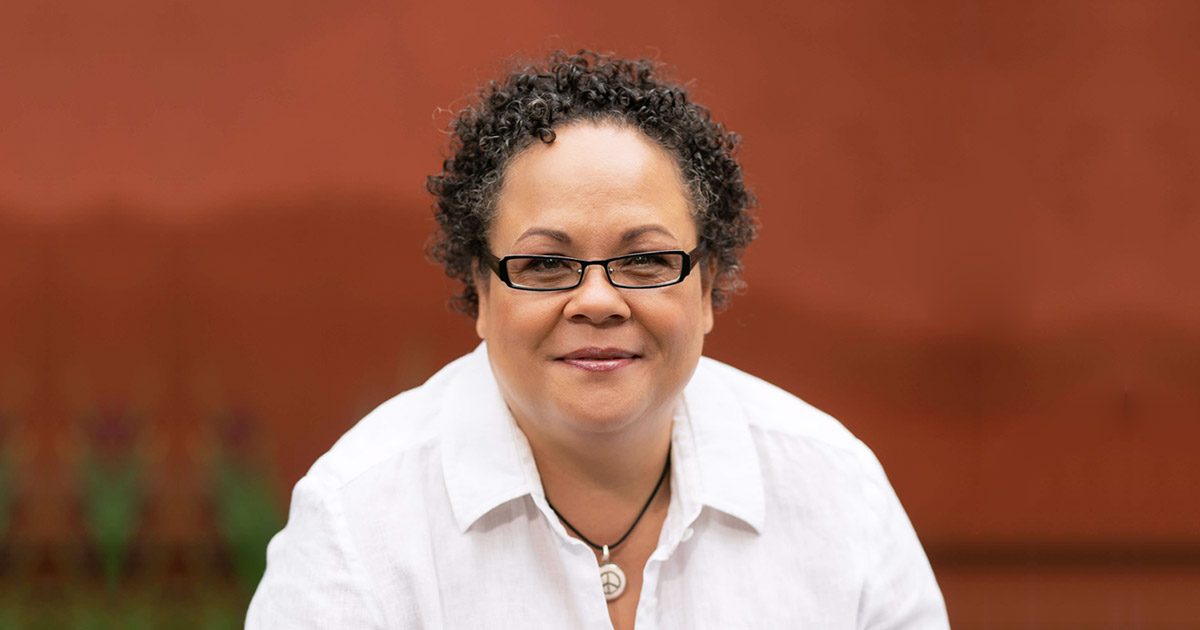How to Raise an Adult in Times of Crisis
Is it more challenging to raise a child during the pandemic than at other times?
On the one hand, the answer seems obvious: Of course!
But on the other hand, it is also easier—and an excellent opportunity for parents and children alike, says Julie Lythcott-Haims, author of How to Raise an Adult: Break Free of the Overparenting Trap and Prepare Your Kids for Success.
“This crisis is allowing us to step back and give kids more responsibility and more accountability—what they need to develop into whole, healthy, happy adults,” says Lythcott-Haims, who is also a former corporate lawyer and Stanford University dean.
Put another way, the pandemic is an opportunity to stop overparenting—which research increasingly shows contributes to anxiety and depression among young people and deprives them of developing a feeling of self-efficacy.
Types of Overparenting
There are three types of overparenting, according to Lythcott-Haims:
- Being overprotective. Parents tend to do this when they feel the world is scary, unsafe, and unpredictable. Therefore, they think they need to prevent anything from happening to their children and protecting them at every turn—thereby depriving their children of learning how to deal with difficulties they will inevitably face on their own.
- Being fiercely directive. When a parent attempts to orchestrate a child’s life, the child does not feel unconditionally loved. Instead, they think a lot of stress and worry that they may not live up to their parents’ expectations.
- Holding kids’ hands for too long. Lythcott-Haims describes this kind of overparenting as behaving like a handler for an A-list celebrity. This kind of parent might, for example, know when all homework assignments are due and bring in ones a child has forgotten. They are trying to make their child’s life easier, but they are robbing them of the ability to learn from experience.
While overparenting may come from a good place—the desire to love and protect our children—it prevents them from developing the confidence that they will be able to figure things out independently, as they will eventually need to.
So, what’s the solution?
Three Core Competencies Children Need to Develop
To grow into capable, healthy, happy humans, children need to develop three core competencies, says Lythcott-Haims. They are: agency, resilience, and character (ARC.)
- Agency: Agency is the sense that I can do the task in front of me. I am capable. To develop this, children need to do things for themselves. Picture your child learning to walk, for example. You didn’t walk behind with your hands under their armpits, Lythcott-Haims says. Instead, you cheer them on while they fall and get up and get stronger.
- So, figure out what skill kids are on the verge of learning and provide them with learning opportunities. Maybe it’s making their lunch or learning to wake to an alarm, or helping with dinner.
- Resilience. Resilience is the sense that I can cope or handle things when they go bad, as they will. But when you are curating the perfect childhood, things never go wrong, and children are deprived of developing resilience.
- “We’re supposed to let them have their feelings. Our instinct is to take bad feelings away,” says Lythcott-Haims. “But we need to let them have their feelings and let them know we care.” It’s not about fixing things, she says. There’s a lot we can’t fix. It’s about letting them have their feelings, letting them know you see they have feelings and letting them know you are there if they want to talk about them.
- Character. Character is knowing there is more than you in this world, knowing that others matter, as well. In the pandemic, parents can teach that because there are many people in need—perhaps including you. So, ask your child to pitch in, Lythcott-Haims says. “When a child handles something that isn’t their chore or job, that is a perfect time just to smile and nod and say I saw what you did. Nice job.”
“This is a tough time, but so much is actually under our control, says Lythcott-Haims, including how we show up in our children’s lives, exhibit confidence they’ve got it, and model good character. So, this pandemic is an opportunity to stop swooping in and therefore an opportunity to get a little bit of healthy adult life back.”
In short, says Lythcott-Haims: “When you stop making children the center of the universe, watch how they thrive—and you thrive, as well.”
Julie Lythcott-Haims spoke at the 2021 California Conference for Women. This article is based on her session, How to Raise an Adult in Times of Crisis.
